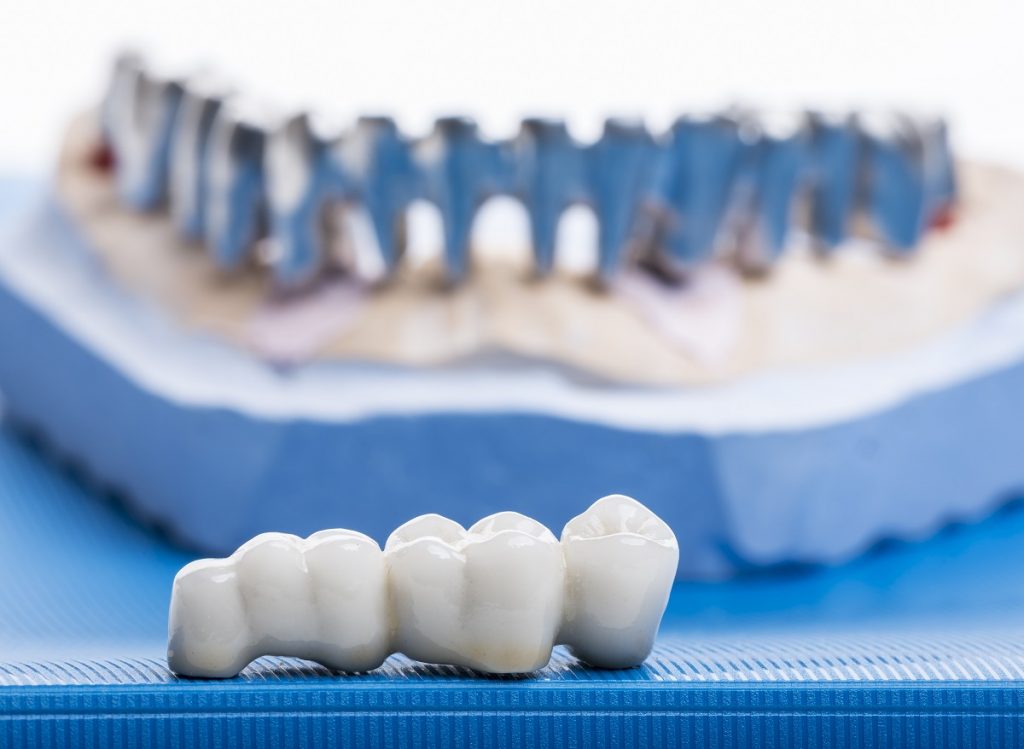When you have your heart set on something, it can feel devastating to learn that there may be an issue with you having it performed; in this instance, if you have lived with gaps in your smile for years and have built up the idea of having oral implants, to learn that you can’t have them can feel like a crushing blow.
As unfortunate as it is, traditional oral implants (or endosteal) require a quite extensive check-list to be ticked before you are deemed suitable for them. For instance, you have to have a good level of oral health and you have to have the required amount of jaw bone for them to fuse. If your dentist decides that an oral implant procedure is likely to be unsuccessful, then they can refuse to fit them.
But don’t despair! Traditional dental implants in Melbourne are not the only option available and, as technology has advanced, many dental surgeries can now offer you a different type of oral implant based on your health, age and bone density.
Subperiosteal implants
Suitable for most people who want dental implants from Melbourne attached to their lower jaw, subperiosteal implants remove the need for the fusing of titanium and bone to occur for the placing of prosthetic teeth. Physically resembling a metal framework with metal posts, the frame of these implants is placed below your gum line and directly on top of your jawbone. The posts protrude above the gum, acting as the point for where the prosthetic tooth or teeth will be attached.
Suited for those who have thinner jawbones, the entire process can take up to 3 hours to place the frame but, as mentioned earlier, the fitting of your new teeth is much quicker!
Zygomatic implants

If you are looking to have implants fitted into your upper jaw but don’t have the density required, a zygomatic implant can be a great option for you to undertake.
Roughly 3 times as long as a traditional endosteal implant, a zygomatic implant is fitted to the zygoma (or cheekbone) and can support the weight of an entire upper denture.
The surgery to have zygomatic implants fitted is longer than that of traditional endosteal surgery but the fusing time of the implant to the bone is about the same; an average of 3-6 months depending on your age and general health.
Mini or micro implants
As the name suggests, mini/ micro-implants are just smaller versions of the endosteal option.
The regular fusing period is not usually required and although they are suited for replacing a single tooth, they cannot support a bridge or set of dentures. The fitting procedure is about the same as a regular endosteal but requires less stitching and incisions being made.
To have any kind of dental implant near Melbourne fitted, you have to have good general oral and physical health and your dentist will need to see you post-fitting regardless of the implant type, to ensure fusion and appropriate healing has occurred.
DISCLAIMER
Any surgical or invasive procedure carries risks. Before proceeding you should seek a second opinion from an appropriately qualified health practitioner.
